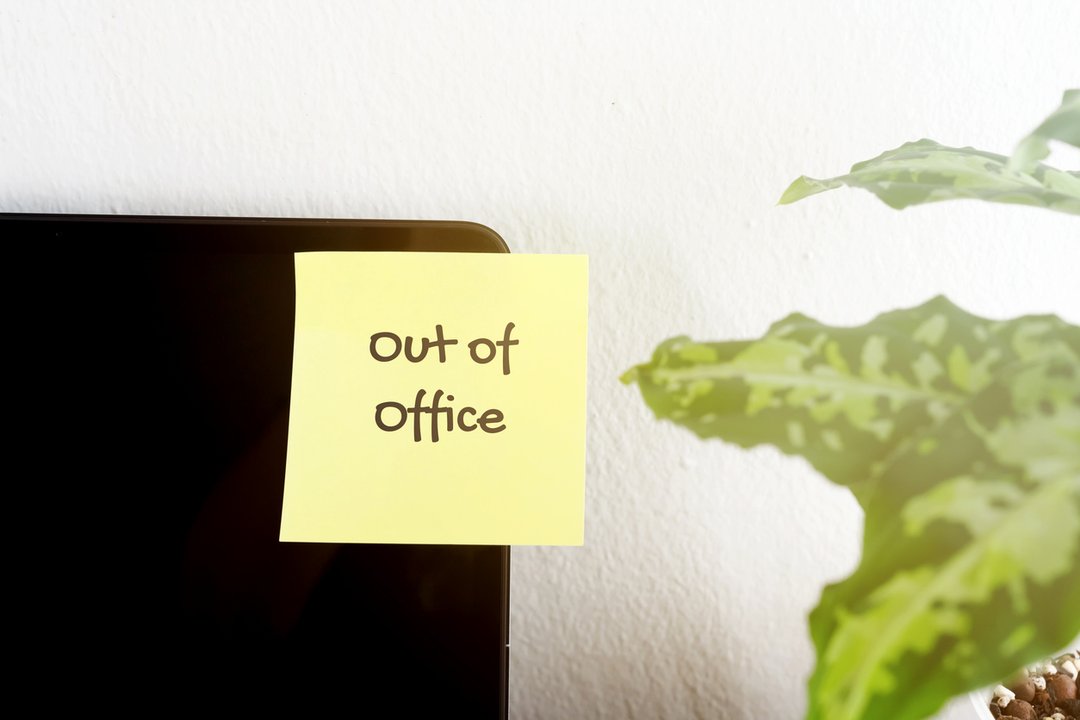
By Bertrand Benoit
Aug. 20, 2024
BERLIN—Germany invented the protestant work ethic. Now it is falling out of love with the grind.
Germans worked 1,343 hours on average last year, less than anyone else in the OECD, a club of 38 rich nations. Germans also took 19.4 sick days last year, according to the Techniker Krankenkasse, the country’s largest health insurer, the highest number ever recorded.

iStock image
Ending a decadeslong hiatus, trade unions have begun pushing for shorter working hours—not just higher pay. Coaches, sociologists, and organization consultants are extolling the virtues of putting one’s feet up as a cure for burnouts, broken families, low productivity and even climate change.
“The younger generations, they’re not as narrowly socialized in this Protestant work ethic as their parents. They’ve seen through them the awful impact it is had,” says Margareta Steinrücke, co-author of “Work less, live more,” a book that came out earlier this year. “So they tell their parents, the politicians, sorry, we’re not doing this any more.”
Some Europeans bristle at national stereotypes. Many lean into them. The French think of themselves as food and sex connoisseurs. Italians often claim privileged insight into fashion, coffee and the opera. And many Germans see themselves as highly functional workaholics.
The source of that cliché is lost in time, but in his 1904 book “The Protestant Ethic and the Spirit of Capitalism” sociologist Max Weber painted the reformation as a major driver of wealth creation in Northern Europe.
Germany might even have invented the motivational sticker: So-called proverb towels were all the rage in late 19th-century kitchens, featuring embroidered slogans— “With Joy Do your Duty,” or “Work is a Woman’s Ornament”—designed to discourage domestic idleness.
A conundrum for employers
For Hendrik Laeppché, who owns and manages a middle-sized distributor of industrial parts in northern Germany, the anti-work backlash is real—and it isn’t limited to Gen Z.
“We just had this apprentice, 23-year old, a very talented woman,” he said. “We offered her a full-time job, and what does she say? ‘I want to work four days a week, I want time to sell stuff on the internet, do this, do that’…Then you have the 59-year-olds. They want to slow down, work Monday to Thursday.”
The trend is perplexing economists and politicians, who worry that the bout of nonchalance may bode ill for a stagnant economy that is experiencing its worst labor shortage in recent history.
“People in France, in Italy and elsewhere, they work a lot more than we do,” Finance Minister Christian Lindner complained earlier this year as he unveiled tax incentives to “make Germans fall back in love with overtime.”
Michael Kretschmer, the conservative state governor of Saxony and a longtime work-more advocate, said “everybody’s talking about part-time work, about the four-day week. This is a big economic danger.”
In German, the virtue of hard work is known as Fleiß, which can translate as diligence or industriousness. Fleiß shaped the political conversation during the eurozone debt crisis of 2010, when many German voters resented having to bail out their Greek cousins who retired at 57 and, going by the news footage, seemed to spend their lives sipping espresso on cafe terraces.
Fast-forward to today and the average Greek worked 1,897 hours last year, according to the OECD, 554 hours more than the average German. Greeks now retire at 67, and a new law allowing a six-day workweek went into force last month.
Meanwhile in Germany, 50 companies are piloting a four-day week for a study by the University of Münster aiming to determine whether less work and full pay might be appealing to workers. The EU expects the Greek economy to grow by 2.2% this year while the German economy hasn’t grown since 2019.
“The crisis taught Greeks that success comes from hard work,” said Alex Kirgiannakis, a former securities trader from Thessaloniki who now runs Apló, a popular Greek fast-food restaurant with two locations in Berlin. “I employ quite a few Greeks. Also Italians and Spaniards. Germans less so…They know the system well and when you do, you tend to abuse the system.”
Frequent visitors have long taken Germany’s hardworking folklore with a pinch of salt.
‘Out of Office’ reply means it
Sunday shopping is largely banned and the standard out-of-office email reads: “I’m currently out. Your message will be neither forwarded nor read.” Universities largely let students pick the pace of their learning, with many graduating well into their 30s, and about half of schoolchildren attend school only in the morning.
Rick Weinberg, a native of Michigan, worked as an IT product manager in Silicon Valley before moving to Europe with his family four years ago. On his first day at a Berlin startup, he was shocked when the clock struck midday.
“Everyone’s getting up and they’re gone for the full hour, hour and a half…And then it hits 5:30, six o’clock, it is like, boom, I’m gone. I’ll pick it up here tomorrow,” said Weinberg, who now lives near Barcelona and says he likes being able to shop for groceries on Sundays.
A YouGov poll last month showed that more than a quarter of respondents—including a third of men—who had called in sick recently had lied about their illness. Sick-day fraud—it too has its own verb: Krankfeiern—is now so bad that companies are reacting.
In June, Tesla launched a pilot program introducing a bonus at its German plant near Berlin for workers who show up particularly often, according to people familiar with the plan. Tesla didn’t respond to a request for comment.
For the anti-work camp, the bad health stats have a simple explanation: Germans are overworked.
“People are so under pressure that many are already sick when they reach retirement,” said Dirk Schulze, the IG Metall trade union’s district manager for Brandenburg, where Tesla is based. “To attract good people…you need shorter, not longer, working hours.”
A new balance of power
Some economists say Germany’s bruising skills shortage and near full-employment are both why Germans shouldn’t take it easy—and why they can.
“People always wanted to work less, but now they can do so,” said Enzo Weber, head of forecasting and economic analysis at the Institute for Employment Research, a government think tank. “The tight labor market has shifted the employer-employee balance of power.”
When she left her retail job for a 20-hour-a-week gig as an organization consultant, Anne Wilhelm, 32, was happy about the extra freedom. She used the time to teach herself graphic design. Now living in Indonesia, where she splits her week between volunteering, design assignments and running her Airbnb—her views about how much work is too much work have evolved.
“For people here, working in the fields everyday from morning to evening, that’s normal, they don’t think about it,” she said. “That gives you a different perspective. Sometimes you wonder if we’re not obsessing over a luxury problem.”
Dow Jones & Company, Inc.



